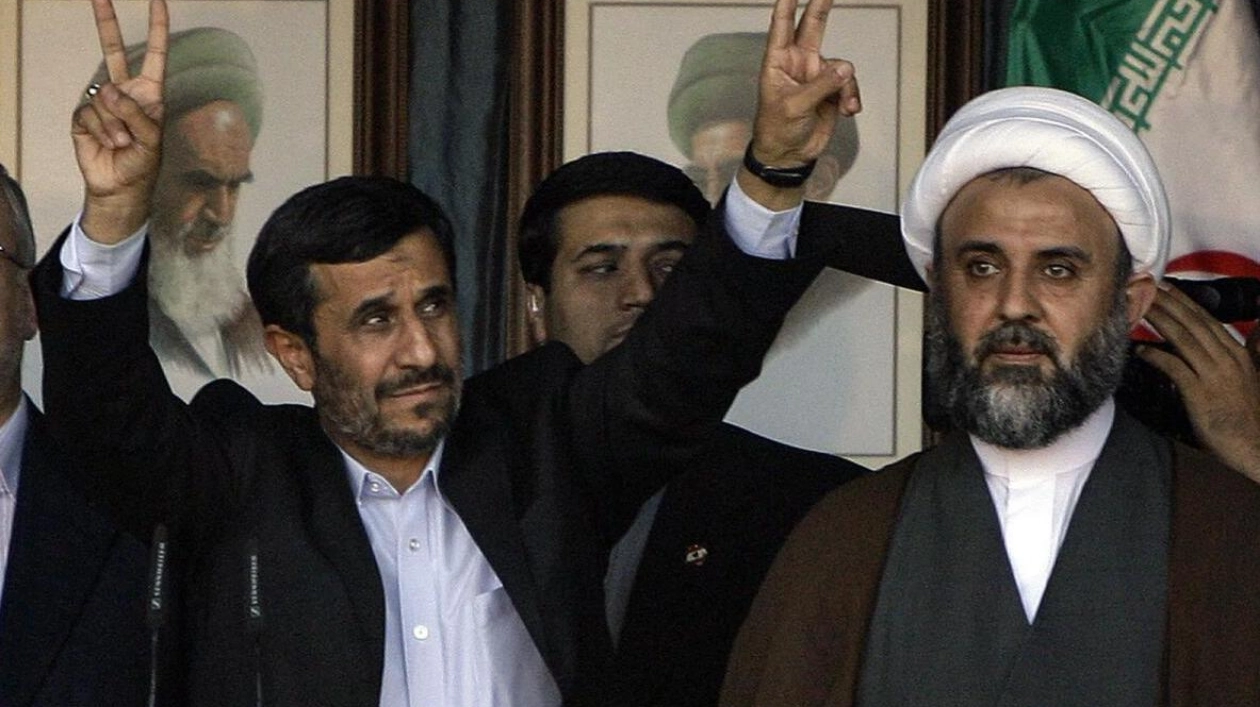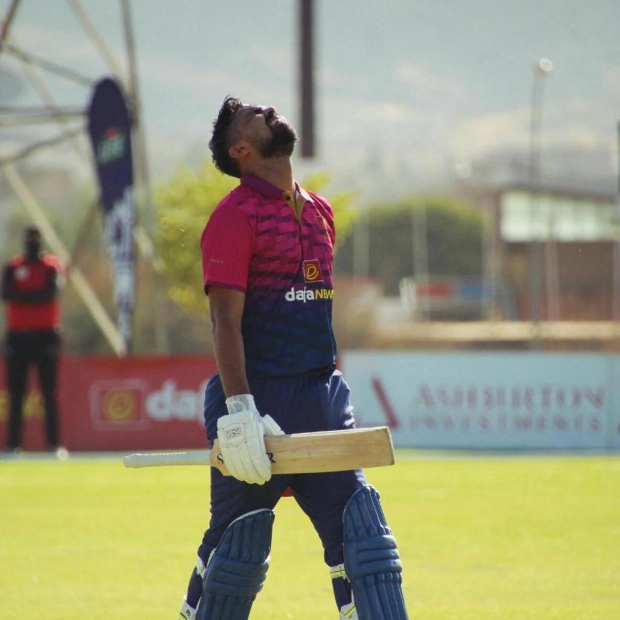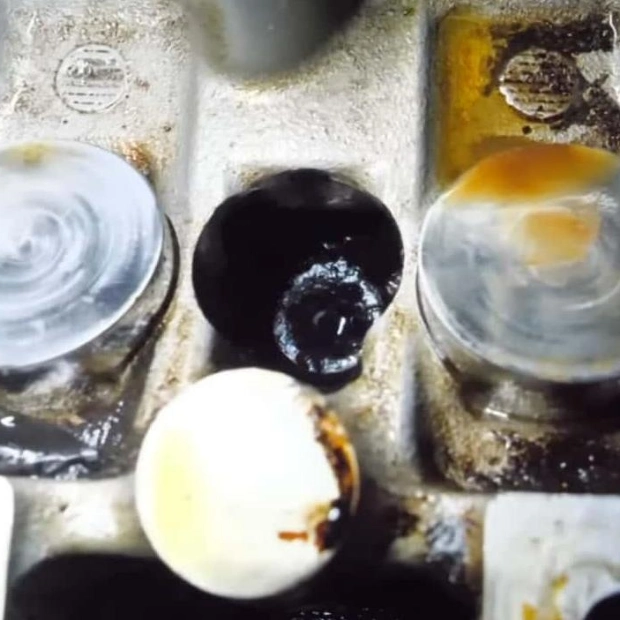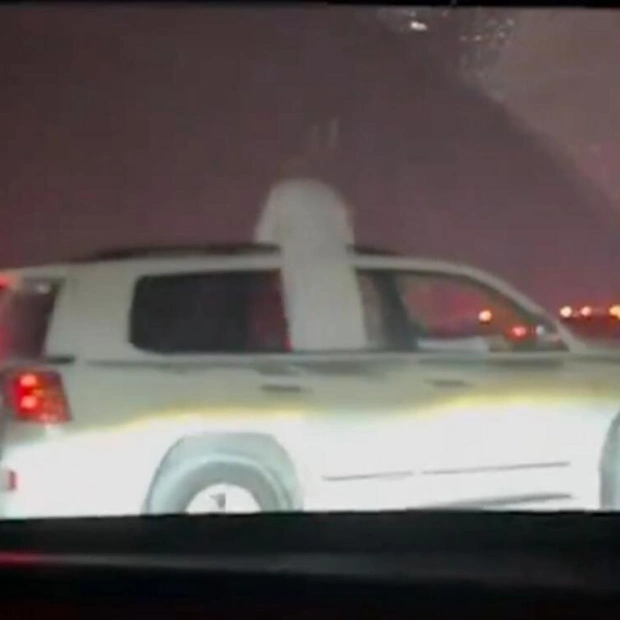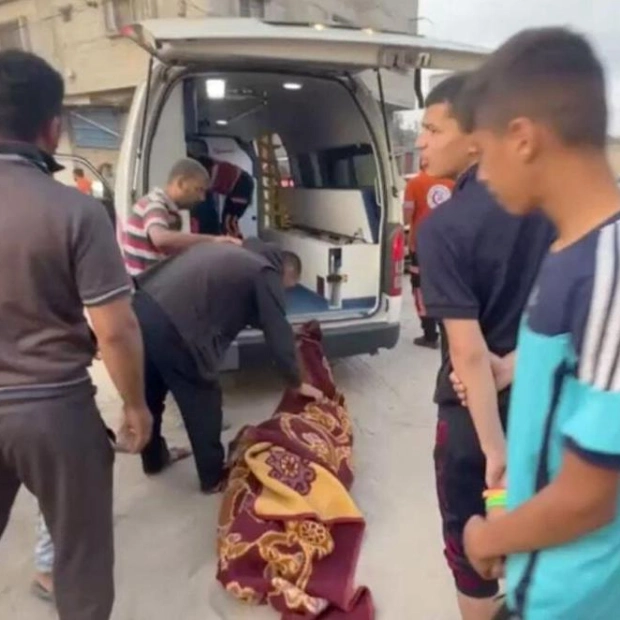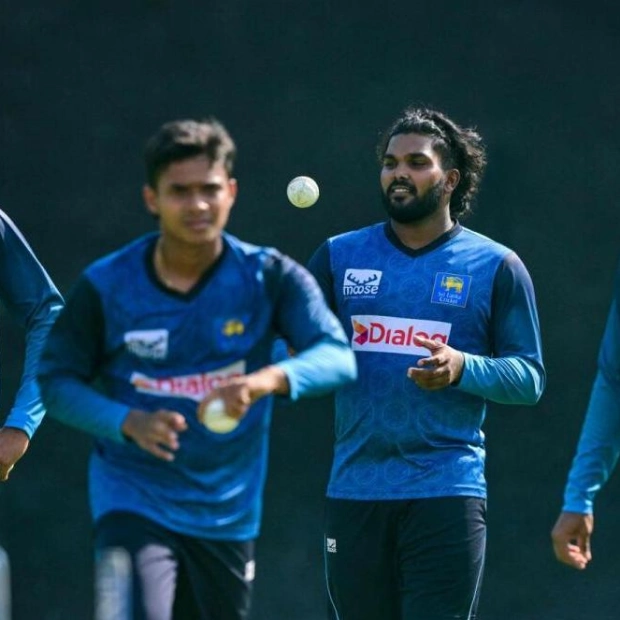Israel announced on Sunday the killing of another senior Hezbollah official in an air strike on Beirut, following the assassination of the group's leader, Hassan Nasrallah, which dealt a significant blow to the Iran-backed organization.
Israel confirmed the death of Nabil Qaouq, a member of Hezbollah's central council, in a strike on Saturday. The Israeli air force continued to target "dozens" of additional locations across Lebanon on Sunday. Over recent months, Israeli strikes have severely weakened Hezbollah's senior command, with key figures such as Fuad Shukr, Ibrahim Aqil, and others among the casualties.
The recent series of strikes on Hezbollah strongholds in Lebanon have heightened fears of further escalation in the region. Hezbollah responded to the October 7 attack by Hamas with low-intensity cross-border strikes on Israeli forces, leading to the ongoing conflict in the Gaza Strip. Nearly a year later, Israel shifted its focus to combating Hezbollah on its northern border.
Hezbollah acknowledged Nasrallah's death in a massive strike on their main stronghold in south Beirut. "We all started crying," said Maha Karit in Beirut upon hearing of Nasrallah's demise. Lebanon, already grappling with political and economic crises, now faces an even more precarious situation as the bombardment has claimed over 700 lives in a week, according to health ministry figures.
The Israeli military reported that its air force had struck "dozens of Hezbollah terror targets" following "hundreds" of strikes on Friday and Saturday. Qaouq was reportedly "struck and eliminated" in a strike on south Beirut on Saturday. Although Hezbollah has not officially confirmed Qaouq's death, a source close to the group indicated that he had been killed.
Lebanon's National News Agency reported multiple raids in and around the city of Baalbek. At least six people were killed in a strike on a house in the northeastern Hermel region, while an emergency response group affiliated with Hezbollah ally the Amal movement reported the deaths of five of its rescuers in the south.
Hezbollah launched "a volley of Fadi-1" rockets at an Israeli base in the Golan Heights early on Sunday. The Israeli military reported "approximately eight" launches from Lebanon that landed in unpopulated areas near the Israeli-annexed territory. Nasrallah was a revered figure within Hezbollah, and his death has left the group under significant pressure to respond.
Analysts suggest that without Nasrallah, Hezbollah faces either an unprecedented reaction or a total defeat. The assassination also highlighted Israel's military and intelligence capabilities, demonstrating their deep penetration into Hezbollah's operations. Hamas condemned Nasrallah's killing as a "cowardly terrorist act," while Lebanon, Iraq, Iran, and Syria declared public mourning.
Allied armed groups across the region, such as Yemen's Huthi rebels, have vowed to take action against Israel. An "unmanned aerial target" approaching Israel over the Red Sea was intercepted on Sunday, though no immediate claim of responsibility was made. Most of the deaths in Lebanon occurred on Monday, marking the deadliest day of violence since the country's 1975-1990 civil war.
